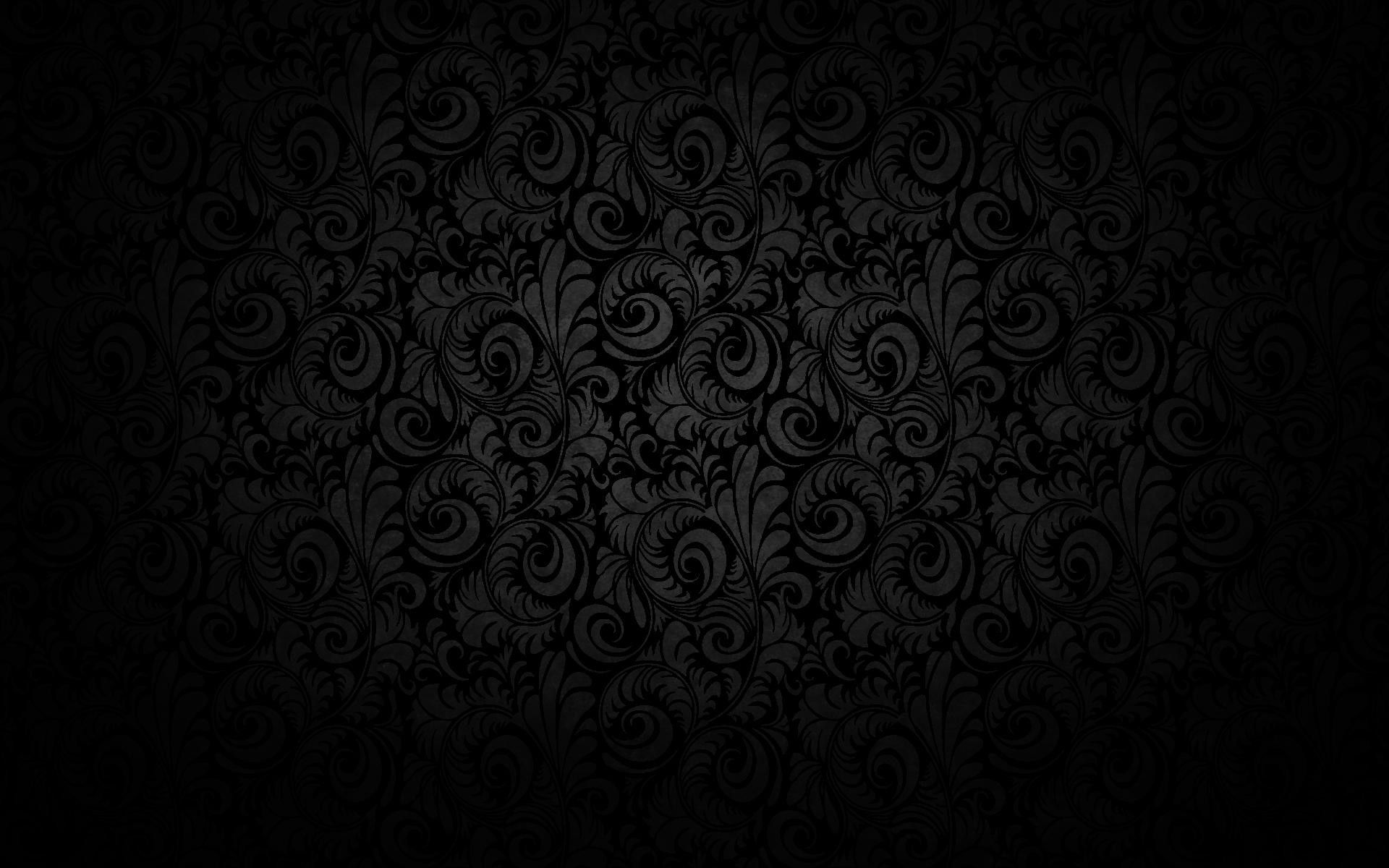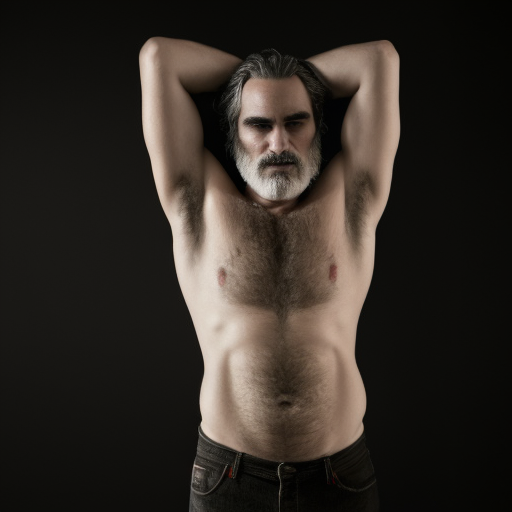
Movie Review: Beau is Afraid
Beau is Afraid is surreal in the vein of Kafka or David Lynch. However, it isn’t nearly as sophisticated as the works of either one of those artists.
RHAPSODIES
S.C. Farrow
4/30/202311 min read


A few days ago, I was reading the news online when I came across a review for the movie Beau is Afraid. The reviewer said it was incomprehensible. Well, that one sentence was like waving a red flag in my face. And I love a challenge. So, I convinced my movie-going buddy to go along with me to see it.
Before reading that review, I had never heard of this movie, so I had no preconceived ideas of what it was or what it was about. However, my movie-going companion informed me that I had seen another of the writer/director’s movies, Hereditary.
Now, I’m going to say right up front that I’m not a big horror fan. I saw Hereditary at the behest of my companion, and neither liked nor disliked it, but I will say that I thought it suffered from quite a few plot and characterisation problems that ultimately tanked the whole thing for me. When I learned Hereditary was written and directed by the same writer/director my heart sank a little because I realised I was probably going to be in for more of the same.
Beau is Afraid is surreal in the vein of Kafka or David Lynch. However, it isn’t nearly as sophisticated as the works of either one of those artists.
Before I begin my analysis, I want to admit that I’m on the fence about this film. I kind of liked it, and kind of didn’t. I think it tried really hard to be a sophisticated Lynchian-type narrative, but fundamental failures in plot development prevented it from reaching that height. Or maybe the writer/director had no intention of taking it that far, who knows?
It’s been labelled as a surrealist black comedy, but there really isn’t much to laugh at. And it went to some really low-brow places, which brought down the whole tone of the narrative.
However, let’s press on.
WHAT'S IT ABOUT?
Essentially, the plot of the movie is this: when titular character Beau (played by Joaquin Phoenix) is summoned home by his overbearing mother, he defies increasingly insurmountable odds to get to his childhood home, thereby avoiding his mother’s disappointment, and possibly her wrath.
Now, most reviewers have determined that despite the dreamlike qualities of this film, what we are seeing is a series of 'real life’ obstacles, events unfolding in a way that is almost comical but not really, that prevent Beau from achieving his goal of returning home for his mother’s funeral.
I argue that the whole movie takes place in a dream. Actually, a delirium, that is most likely drug induced. Delirium is defined as a serious change in a person’s mental abilities. It results in confused thinking and a lack of awareness regarding their surroundings. Other symptoms of delirium include agitation, confusion, drowsiness, hallucinations, delusions, and memory problems.
Stick with me and I’ll tell you why I think this is the case. However, BEWARE, from here on in, there will be SPOILERS.
One reviewer said, “Beau Is Afraid is a cruelly absurd saga of sexual repression in which a slump-shouldered Joaquin Phoenix, as the emotionally stunted titular character, bears the brunt of Aster's spectacular catastrophising.”
Spectacular catastrophising? Spoken like a person who has truly missed the point of the movie and who truly lacks the ability to think critically.
On the surface, the plot Beau is Afraid is relatively simple. It’s opens with Beau’s being born, shifts to a fraught odyssey/journey as he attempts to get home to his mother, and finally ends with his death, which we’ll take a closer look at later.
But first, we need to look at the serious Oedipal complex that plays out between mother and son, because this is the concept behind the entire plot.
RANK AND THE OEDIPAL COMPLEX
Beau is an archetypal ‘wounded child’ character. He holds the memories of his abuse, neglect, and other traumas endured in childhood close to his chest.
He is also a guilt-ridden man. He is guilty because he did not leave for home when his mother called and, therefore, failed to see her before she died. This guilt over letting her down once again propels him to get home in time for her funeral, even if it kills him.
As one reviewer pointed out, Beau is ensnared in an Oedipal complex. However, it is not really Freud’s version of this complex but is rather closer to Otto Rank’s definition of this neurosis. Freud’s Oedipus complex refers to a male child’s attraction to their parent of the opposite sex (mother) and jealousy of their parent of the same sex (father). The desire for sexual involvement with the opposite sex parent is kept out of conscious awareness through repression. His castration complex refers to a child’s fear or delusion of genital injury at the hands of the parent of the same sex as punishment for unconscious guilt over Oedipal strivings.
Otto Rank, one of Freud’s favourite disciples, until he dared to challenge the central tenet of Freud’s theory, argued that the castration complex did not originate with the father, but rather began with the act of expulsion from the womb. Long story short, neurosis is catalysed by birth itself. It’s a theory the writer/director appears to take full advantage of.
The movie opens with Beau in his mother’s womb, right before he’s about to be born. It’s all bright lights and his mother’s angry voice as she shouts at the doctor. The moment Beau enters the world, she starts shouting at him. The scene clearly establishes the troubled nature of Beau’s relationship with his mother. Right off the bat, it’s clear that he’s a burden to her.
However, to me, it not only represents his complex Oedipal relationship with his mother, but something else as well. It is the beginning of his psychic, guilt-ridden odyssey, which takes place (almost) entirely in a hospital, possibly a psychiatric hospital.
But what on earth makes me think he’s in a hospital, psychiatric or otherwise?
Well, my theory is that when he is born, his mother is already dead. I believe that Beau killed her before this opening scene and that he has been placed in a psychiatric hospital in the wake of her murder. In fact, I think he probably also tried to kill himself as well (in a murder/suicide event), and that what we’re witnessing is Beau’s life flashing before his eyes before he finally dies.
For those of you who have seen this movie, I can hear you gasping in disbelief. But stick with me and I’ll explain why…
THE BIRTH
Without question, the birth scene is a device used to bookend the movie, i.e., it opens with the protagonist’s birth and ends with his death. It is unquestionably clumsy and cliched, but despite this, it serves to quickly establish Beau’s troubled relationship with his mother.
I believe this scene is also takes place in the moment after he has murdered his mother and that is the beginning of his delirium/life flashing before his eyes—possibly drug-induced—after being apprehended and taken to a psychiatric facility and pumped full of a drug like Ketamine which can sedate, incapacitate, and induce hallucinations.
THE ODYSSEY
This cuts to Beau in his mid-thirties, living alone in a shitty apartment in a really shitty city that one reviewer described as Boschian, i.e., it’s reminiscent of the painting titled The Garden of Earthly Delights by Dutch Artist Hieronymus Bosch. It’s a perfect description.
He gets a phone call from his mother who wants him to get on a plane and come visit her in his childhood home.
He endures a couple of disastrous attempts to leave his apartment and involves various encounters with characters, including a naked serial killed, straight out of the Bosch-like world.
To me, the characters that inhabit this place are other patients in the psychiatric facility where he is being housed. Needless to say, he is terrified of the hostile environment.
When his wallet and suitcase are stolen (taken from him by hospital staff?), he calls his mother and tells her he can’t come home to see her. Her demeanour immediately changes, and her disappointment is abundantly clear. Driven by guilt and a sense of not wanting to disappoint her, Beau assures her he’ll find a way to get home.
Then he gets a call from the family lawyer advising him that his mother is dead, that she died when she was struck in the head by a chandelier that fell from the ceiling in her house. The lawyer tells him he has to hurry up and get home because they can’t have her funeral until he gets there. Determined to get home, Beau makes a run for it. In the street, he is stabbed by the naked serial killer and hit by car.
THE DOCTOR
This chapter of the film was pivotal in my assessment that the whole thing is taking place in Beau’s end-of-life delirium.
It turns out the driver of the car is the wife of a doctor who takes him home to their house. The doctor and his wife have a strange daughter whom they feed pills for breakfast. They also have a traumatised veteran whom they care for and who lives in a caravan on their property. They feed him pills, too.
The doctor fits Beau with an ankle bracelet monitor. I wasn’t aware that psychiatric facilities used ankle bracelets, but apparently electronic monitoring devices are used in some mental health facilities to monitor patients. They are used to track patients who have been deemed a danger to themselves or others and are at risk of leaving the facility without permission, which is exactly what Beau does. He flees the facility and ends up in the forest. More on that in a minute…
The doctor also informs Beau that he has an abnormally swollen testicle, which is a clear nod to the Oedipal complex and his emasculation. There is also the suggestion that he is still a virgin.
The doctor offers Beau a cocktail of drugs to ease his pain. In fact, he’s keen to give Beau a really cool new drug. Beau is grateful for the doctor’s help, but insists he has to get home to his mother’s house. The doctor assures Beau that he will drive him to his mother’s house tomorrow.
As Beau waits to be taken home, a series of whacky events ensue, including a moment when the doctor’s wife hands him a remote control and tells him to watch TV. When he turns the TV on, he sees himself on the screen, like he’s being filmed. He hits the fast-forward button and sees what is going to happen to him in the next few moments.
When Beau hits the fast-forward button, he watches events that have already happened. Now, of course, that’s impossible. He could only see the future if it had already happened. Therefore, he is recalling it, remembering it as though he is slipping in and out of his delirium.
Shortly after, Beau escapes from the house and flees into the surrounding forest (aren’t most creepy psychiatric facilities surrounded by a luscious forest?), which seems to indicate that he has escaped from the psychiatric facility.
Whatever the case, whether he escaped from the hospital or is still there, his delirium/odyssey continues, and he eventually meets with a ‘travelling theatre company’. It’s here where his unfulfilled hopes and dreams regarding a wife and family are revealed, albeit in a very long and very strange story-within-a-story kind of way.
After that, he finally makes it to the family home where he is surprised to see his dead mother is up and walking and able to have a conversation with him. However, that conversation is an unhappy one in which none of their relational issues are resolved. The conversation eventually develops into an argument. Her vitriol triggers something in him, and he reaches out to choke her. Finally, she falls into a fish tank, dead. Again.
THE DEATH
The movie closes with the other bookend, that of Beau’s death. It’s night-time when he rows a boat across a lake and ends up, in the boat, in the middle of a crowded stadium, which is, in fact, purgatory. And we all know that purgatory is where we go to be judged. In Beau’s delirium, the family lawyer is his prosecutor and judge. Symbolically, the lawyer (whether he was once a real person in Beau’s life or not) is also his guilt.
In front of the crowd of faceless people, Beau’s mother (who is alive again), and the family lawyer accuse Beau of failing to live up to his mother’s expectations and that he alone is responsible for her death.
But in his delirious state, why is Beau judging himself so harshly? What is he guilty for? His mother’s murder, yes. However, I believe he also feels guilt for being a disappointment to her.
His mother was a strong, successful woman. He was never able to step out from underneath her overbearing personality in order to distance himself from her or to stop her from emotionally torturing and emasculating him. When he couldn’t take this torture anymore, he killed her. However, the guilt he felt over killing her was so overwhelming that he killed himself too.
SO, WHAT IS THIS MOVIE ACTUALLY ABOUT?
This is all well and good, but what is this movie actually about? It’s a good question but one that has a disappointing answer.
One fundamental mistake is that there is nothing for Beau to overcome. He cannot fix his relationship with his mother because she is dead, whether by his hand or by the falling chandelier, which means there is no challenge for him to meet. He is simply a passive character existing in a world where things happen to him.
And there is no reprieve from that. No respite from his misery or the endless series of events that lurch him from one disaster to the next. There is no hope that he might escape his miserable existence, and despite the fact that it all takes place in dream/delirium, it is difficult to feel sympathy for him, even as an archetypal wounded child character, because he does very little to actually help himself (apart from possibly escaping from the psychiatric facility).
But the biggest fundamental problem is that there is absolutely no underlying message—whatsoever.
Maybe it was trying to say blame your parents for everything, that evil mothers deserve to die, or that no one who enters a psychiatric facility ever lives to get out, but I don’t think so. Some have suggested that it might be a “profound statement about the purgatorial nature of existence” while others think it might be a “janky Rube Goldberg machine meant to purge the artist's fears of death and women.” These are fairly shallow observations, but then again, they might be right!
The movie has bells and whistles, but it is ultimately a superficial and hollow narrative with nothing real or though-provoking to say, which means viewers literally just watch three hours of a hopeless man being tortured on the way to his inescapable doom. It seems to me that writer/director was attempting to make a psychological odyssey in the vein of David Lynch but failed simply because he did not have anything to actually say, i.e., there was nothing truthful, authentic, or profound underpinning this three-hour-long narrative.
Joaquin Phoenix, God bless him, gives it his all, and his archetypal wounded child character never wavers. However, his performance is not enough to get this film over the line and into Lynchian territory.
Ironically, this is exactly how I felt about Hereditary. Hereditary was also devoid of a core or underlying message. Both narratives were all about the bells and whistles at the expense of a core principle or message. A horror narrative is more likely to get away with this than any kind of psychological narrative. And this is what ultimately makes both movies so unsatisfying.
If you’ve seen the movie, feel free to disagree. Or agree. I’d love to hear your thoughts.
POST SCRIPT...
It has been brought to my attention that having no underlying message is a common critique of Kafka's Metamorphosis, and that having no underlying message is the point of the narrative. No underlying message is the very thing that makes the narrative "torturous, grotesque, and unbearable" which is a parallel to real life's chaos.
This is a really good observation that leads me to the issue of theme.
I didn't discuss the theme when I first wrote this review because, honestly, there is so much to say about it, it would take me all day to write it. However, I will say this: I believe the point of the film having no underlying message is directly tied into the movie's major theme, which is the unattainability of desires. As far as themes go, the unattainability of desires is a tricky one because it's a challenging theme that is hard to write well.
Thanks to the person who brought this to my attention. I really appreciate it!


© 2026. All rights reserved
In the spirit of reconciliation, we acknowledge the Traditional Custodians of Country throughout Australia and the Torres Straight Islands and their connections to land, sea, and community. We pay our respects to elders past and present and extend that respect to all First Nations and Torres Strait Islander peoples today.
ABN: 19 569 432 238





